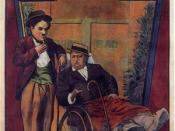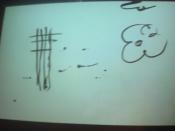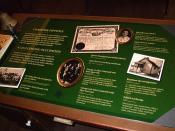Beginning the essay it may be mentioned that a profession is always considered as an occupation that needs wide-ranging training and the study and mastery and excellence of specialized knowledge, and usually has a professional association, ethical code and process of certification or licensing. Quoting the examples it may be mentioned that examples are librarianship, diplomacy, accounting, engineering, law, architecture, aviation, medicine, social work, pharmacy, finance, the military, the clergy, nursing, and others. Professionalism is a new principle of social organization which has emerged, based on trained expertise, selection and reward by merit (Perkins, 1989). American College Dictionary defining the profession says that a profession is a "vocation requiring knowledge of some department of learning or science". A professional is one who follows "an occupation as a means of livelihood or gain," or one who is "engaged in one of the learned professions". And Professionalism is exhibited by one of the "professional character, spirit or methods" or the "standing, practice, or methods of a professional as distinguished from an amateur".
Now to the question that whether teaching is a profession or not, some people consider it as a profession and some do not. However, I would firmly and in one line statement say that teaching is a profession. How? The following passages would clarify.
Although the term 'professional' might at first glance seem to be relatively easy to define, it is in fact quite complicated. Eliot Freidson spends an entire chapter (20 pages) attempting to define the term. He notes for example, that while dictionary definitions, such as those in the Oxford English Dictionary and Webster's Third New International Dictionary, may be "socially authoritative", that is, useful to people in a society who want some clarification of what a profession is, they are often too narrow. He comments later...


